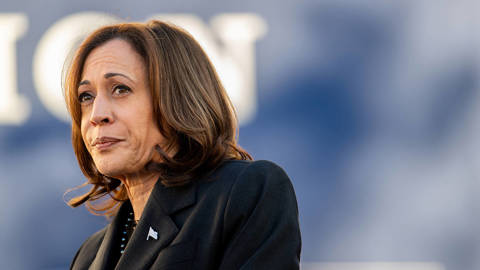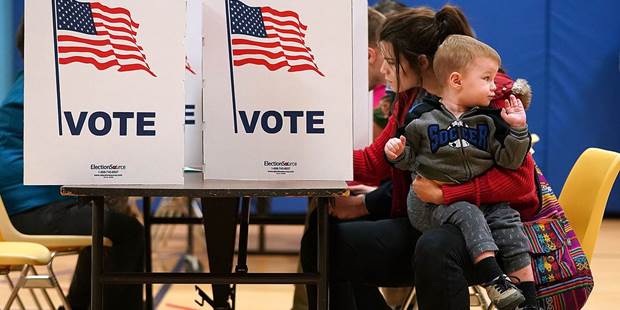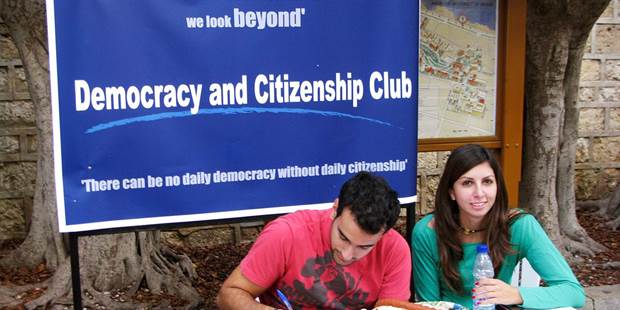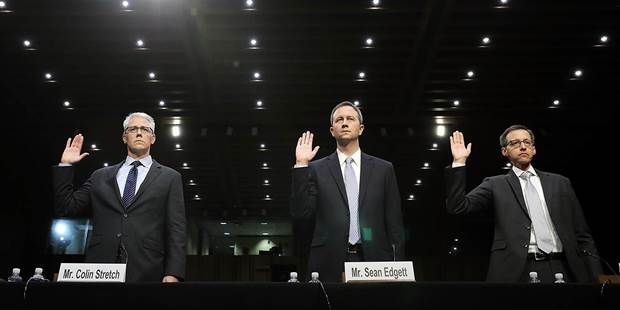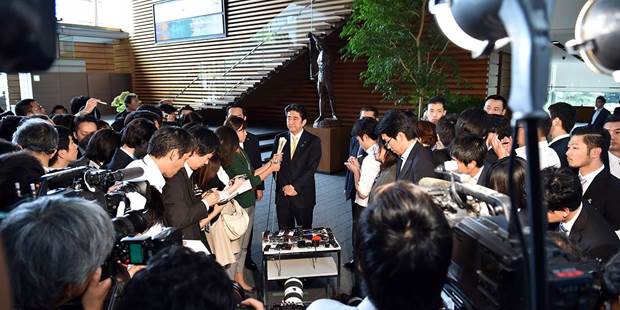Evidence that Russia has used social media to spread fake news is emerging in Britain and Europe, in addition to the United States. Writers for Project Syndicate explore the origins and scope of the threat to democratic countries, and examine possible remedies.
